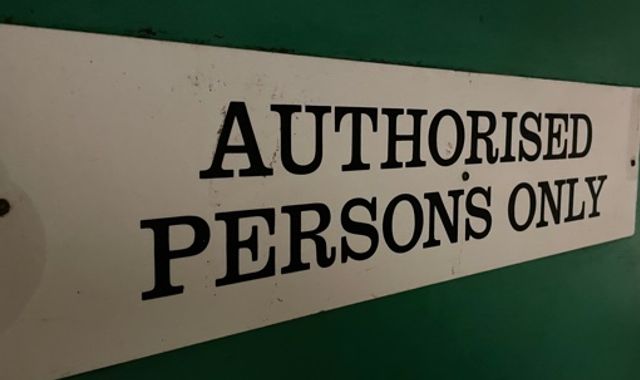CMA concerned about lack of competition for Google and Facebook
Written by News on 18/12/2019
A lack of competition to Google and Facebook could mean consumers are paying higher prices for products such as flights, electronics and insurance, the UK competition regulator said.


The Competition and Markets Authority (CMA) also raised concerns about how the technology giants collect data and a “lack of transparency” in the way they operate.
It said their continued dominance could have “negative consequences for the people and businesses who use these services every day” and that there was a “strong argument” for new regulations.
The CMA revealed the findings in an interim report after it launched a review earlier this year into the sector.
CMA chief executive Andrea Coscelli said: “Most of us visit social media sites and search on the internet every day, but how these firms work can be a mystery.
“At the end of the study, we’ll present our findings to the new government as they decide whether and how to regulate what is an increasingly central sector in all our lives.”
People in the UK spend an average of three hours and 15 minutes online each day with more than a third of that time spent on sites owned by either Google – including YouTube – and Facebook – including Instagram and WhatsApp.
The digital advertising sector – now much larger than any other form of advertising – is worth £13bn, the CMA said.
Last year, Google earned £6bn in search advertising revenues in the UK – more than 90% of the market.
The CMA said the company had paid £1bn – 16% of this – to be the default search engine on mobile devices such as Apple iPhones.
These default settings had a “profound effect” on choice and the shape of competition, the watchdog said.
Meanwhile, Facebook earned £2bn in display advertising revenues, more than half the UK total.
The CMA said a lack of competition for the companies could mean “a lack of proper choice for consumers and higher prices for advertisers that can mean cost rises for goods and services such as flights, electronics and insurance bought online”.
It also said their market position could be undermining the ability of newspapers and other publishers to produce valuable content as their share of revenue is squeezed.
The regulator said it was “essential that people feel in control of their data” but was worried that this was not always the case.
For example, Facebook did not allow people to opt out of personalised advertising, presenting them with a “take it or leave it” offer that forced them “to share considerable amounts of data as a condition for using the service”.
The CMA set out some measures that could address the issues it found.
These include opening up access to click and query data collected by Google to rivals and limiting its ability to be the default search engine on devices and browsers.
They could also see Facebook required to connect better with rival social networking sites and ensure social platforms must allow people to turn off personal advertising.
Google said it was working constructively with the CMA and the government.
“We’ve built easy-to-use controls that enable people to manage their data in Google’s services – such as the ability to turn off personalised advertising and to automatically delete their search history,” the company said.
Facebook said it was fully committed to the CMA consultation process and agreed people should have control over their data.
“In fact, for every ad we show, we give people the option to find out why they are seeing that ad and an option to turn off ads from that advertiser entirely,” it said.
(c) Sky News 2019: CMA concerned about lack of competition for Google and Facebook






